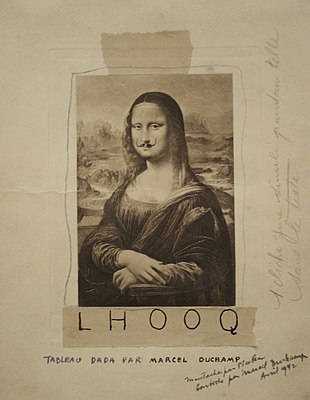Not very novel
What you are talking about is a derivative work. This is arguably the most famous example:

It's an interesting example because Leonardo da Vinci did not have copyright in the original but Marcel Duchamp and Francis Picabia do have copyright in the derivative. Even though the changes are physically small, they are enough.
A crucial factor in current legal analysis of derivative works is transformativeness, largely as a result of the Supreme Court's 1994 decision in Campbell v. Acuff-Rose Music, Inc. The Court's opinion emphasized the importance of transformativeness in its fair use analysis of the parody of "Oh, Pretty Woman" involved in the Campbell case. In parody, as the Court explained, the transformativeness is the new insight that readers, listeners, or viewers gain from the parodic treatment of the original work. As the Court pointed out, the words of the parody "derisively demonstrat[e] how bland and banal the Orbison [Pretty Woman] song" is.
For an author to have copyright in the derivative they must:
- Meet the (low) threshold of originality for copyright to exist.
- Make their derivative lawfully - either because they have permission or because their use falls under an exception to copyright like fair use or fair dealing.
However, they do not have copyright in the original elements. For example, I could take the Mona Lisa and give her different clothes, a different background or a hat I will not be infringing their copyright. If I give her a different style of moustache?
However, there is an issue with "I have copyright on the contents of the post" when you don't. Even if your work is derivative, you do not have copyright in the original parts and do not have the right to licence them.
So, for example, this post is a derivative work of the Wikipedia page linked to above and I have copyright in my original contributions because:
- They meet the threshold of originality
- I have permission to make the derivative either through the Wikipedia licence or because my use is fair use.
I can give Stack Exchange a licence for my work but I cannot give them a licence for the original work including, for example, the image and quote above.
So, someone could quote my entire answer subject to the licence or fair work, but they couldn't copy just the image or quote.
